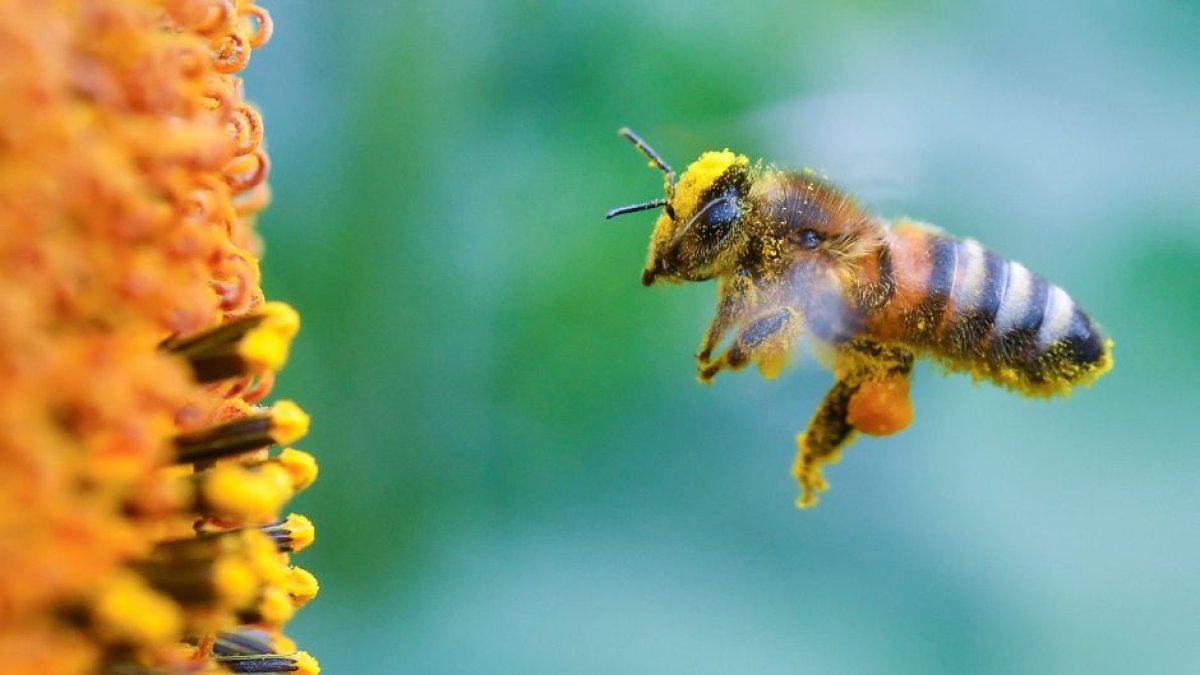Hibernating female bumblebees can survive a week underwater, study reveals
Sabrina Rondeau, a researcher at the University of Ottawa, accidentally discovered this fact that has surprised the scientific community.

(Cordon Press)
A study conducted by Sabrina Rondeau that was published Wednesday revealed that hibernating female bumblebees are capable of surviving up to seven days underwater. The discovery, Rondeau explained, was accidental but has surprised the scientific community.
According to the scientist, she was studying the effect of pesticide residue on bumblebees as they prepared to hibernate when, inadvertently, water entered the tubes where she kept the females. "I freaked out. It was only a small proportion... so it was not that big of a deal, but I didn't want to lose those bees," Sabrina Rondeau told AFP.
However, it was not. She made a discovery that she not only defines as a "shock" but also "encouraging," which is that the bees survived. Neither she nor the other researchers believed it was possible: "I've been studying bumblebees for a very long time. I've talked about it to a lot of people and no one knew that this was a possibility."
After the accident, Rondeau set out to investigate. She and her collaborators placed 143 hibernating female bumblebees in different tubes, some without water, others floating on water and others completely submerged. They kept them there for between eight hours and seven days and then drew their conclusions, which they published in the scientific journal Biology Letters.
Water submersion increases bees' life expectancy by eight weeks
They discovered that 81% of the submerged insects not only survived seven days but, once recovered, their life expectancy reached another eight weeks. The specimens used for the study, Rondeau explained, are found in North America and are particularly robust.
This is what caused these bees to avoid a large decline in population, as has been seen in other species of bumblebees. "So we are also wondering whether this resistance to flooding can be part of why they're doing so well," said the scientist, who is conducting her postdoctoral research at the University of Ottawa.
However, Rondeau says, despite the discovery, the conclusions are not definitive. To confirm the veracity of the theory, the study would have to be replicated with females of other bee species. In this way they will be able to determine if it is a common trait or, on the contrary, it is sporadic.

























